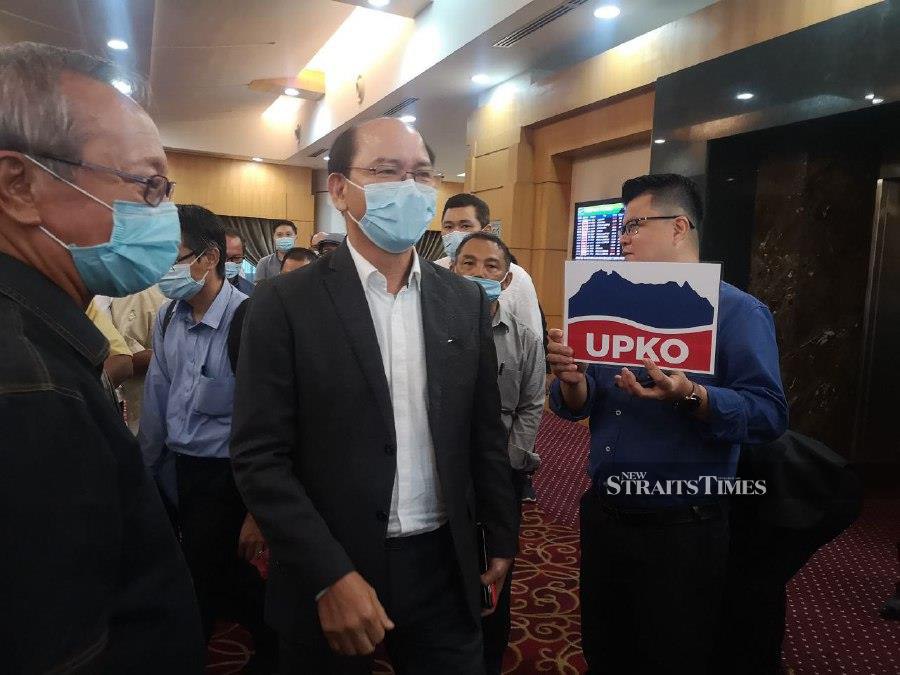By Olivia Miwil - January 19, 2021 @ 1:23pm
KOTA KINABALU: The Sabah government should continue its efforts and assert its autonomy to deter the spread of Covid-19 by testing all of those who had been exposed to an identified cluster.
United Progressive Kinabalu Organisation (Upko) president Datuk Seri Wilfred Madius Tangau said the Health Ministry's decision to assess a certain percentage of symptomatic individuals was merely an "act of imprudence".
"Throughout the reign for this pandemic, it has shown that the virus strain can also be present in asymptomatic individuals.
"As a result, the likelihood for undetected carriers to continue spreading this virus is increased and a colossal outbreak will be imminent," he said in a statement.
The Tuaran member of parliament also said the state government must not follow in the footsteps of the federal government's limited contact tracing procedures.
Madius said abiding by Putrajaya's "one-size-fits-all policy" on contact tracing means Sabahans would be extremely vulnerable to the threat of imported Covid-19 cases.
He said this was because the state's borders were porous due to the length of its coastline as well as the existence of alternative roads along the Indonesian and Philippines borders.
"Decision-makers in Putrajaya cannot assume every part of Malaysia to be like Klang Valley, where police roadblocks are enough to stop inter-state and inter-district travels.
"In Sabah, how do we set up 'roadblocks' in the South China Sea and the Sulu Sea?"
Madius also said a "post-Covid-19 Malaysia" must be responsive to local needs.
Citing the successful models implemented by countries such as Australia and New Zealand, Madius said Sabah should emulate their strategies to have minimal or non-existent community spread with full-functioning health services.
"Any particular individual seeking to get tested will receive appropriate attention. Their track and tracing procedures are fast and effective.
"The Australian government (for example) uses a scheme whereby hotels are allocated for the quarantine of foreigners who arrive in their country."

Comments
Post a Comment